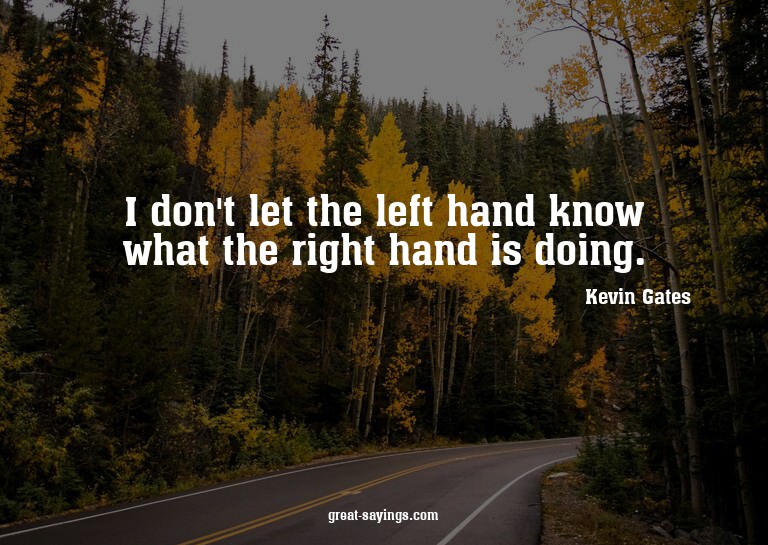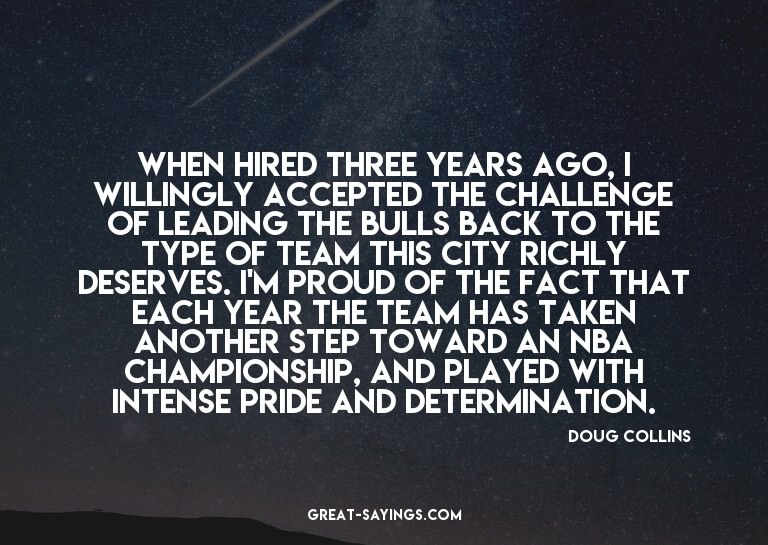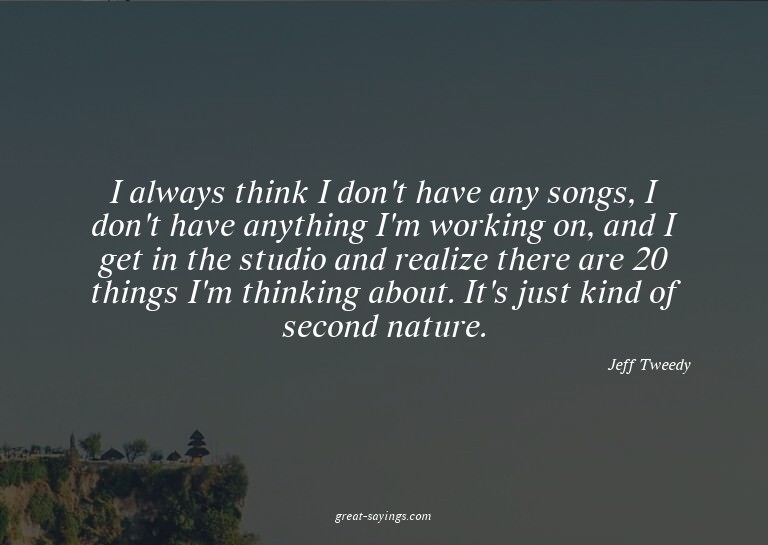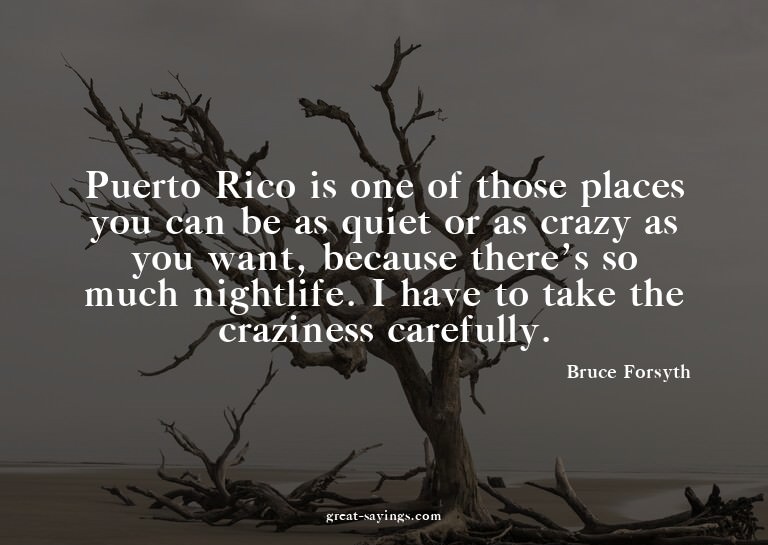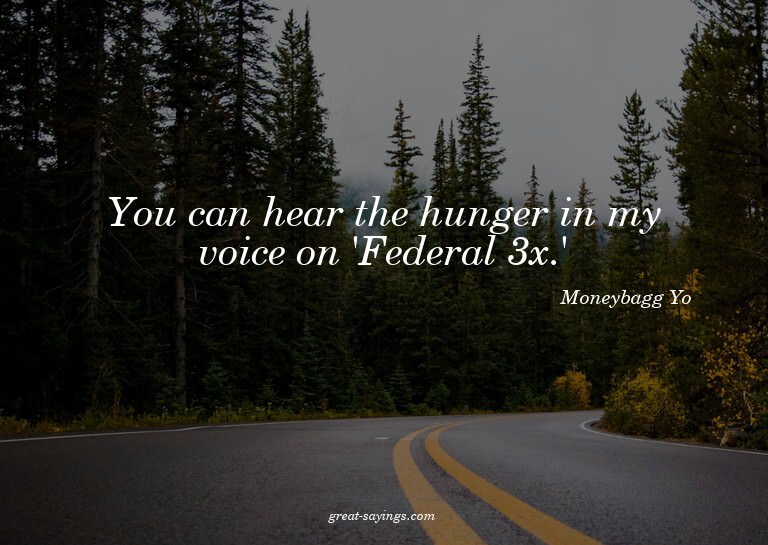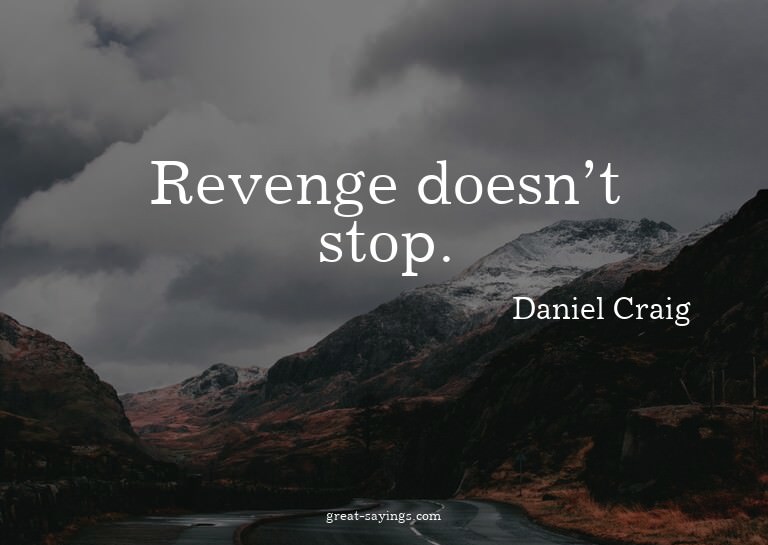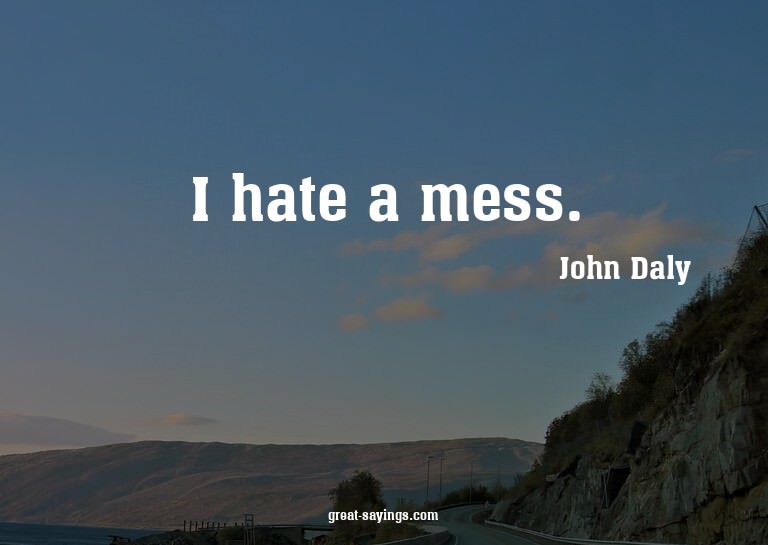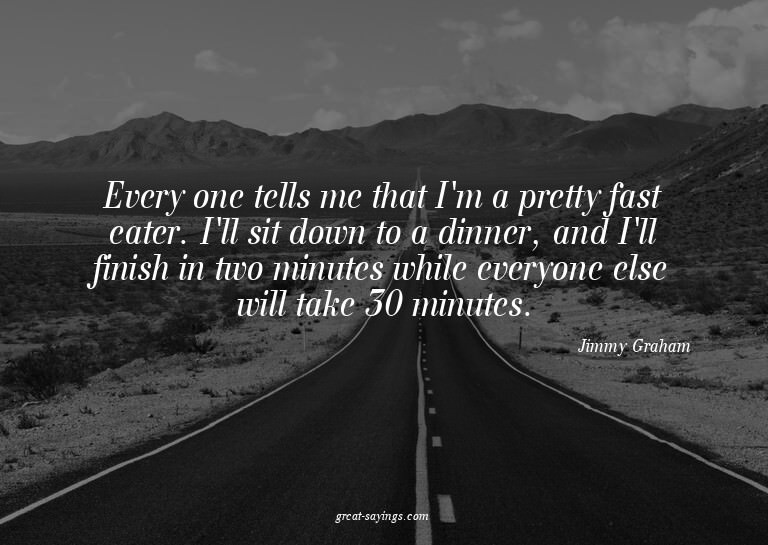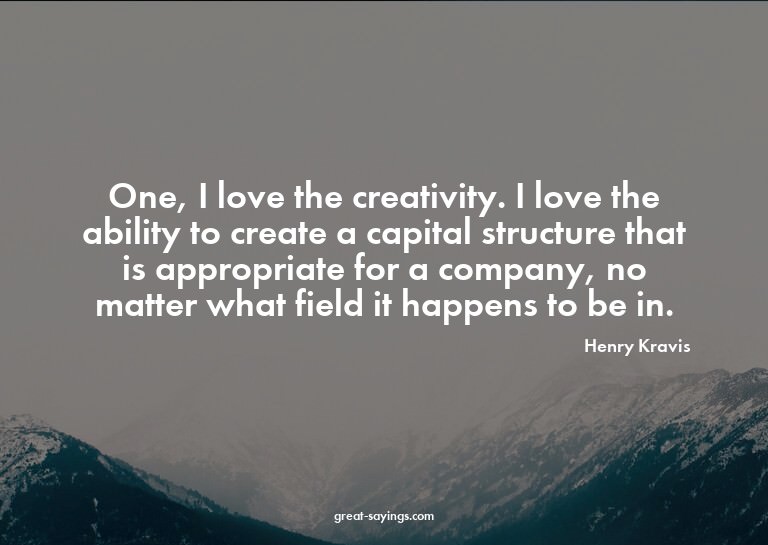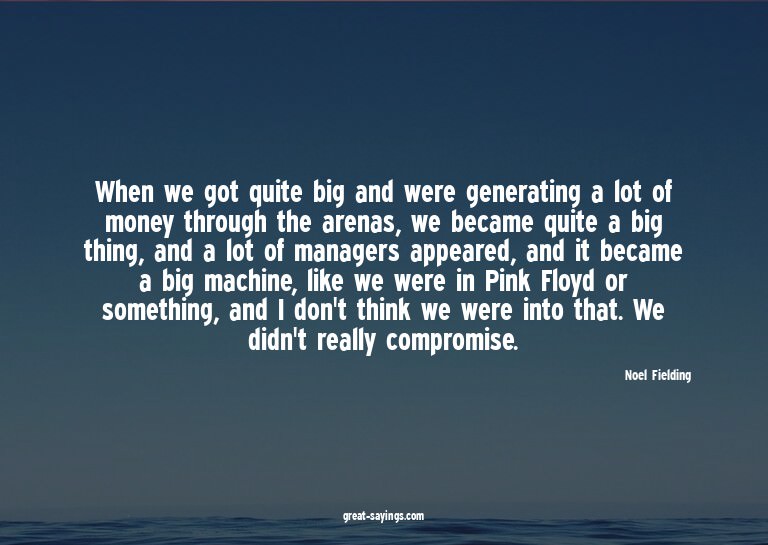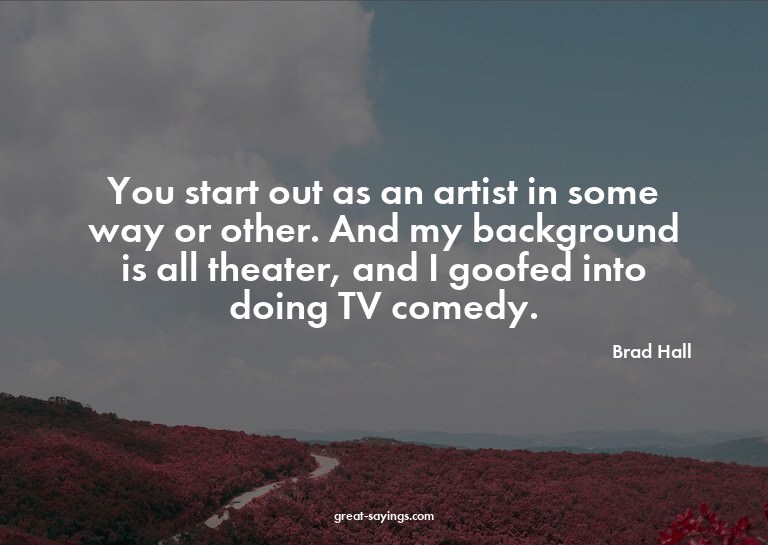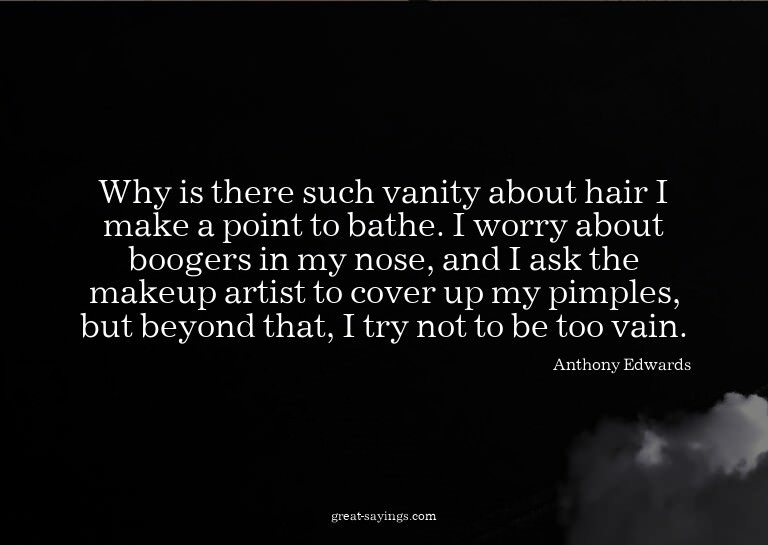Words matter. These are the best Johann Johannsson Quotes, and they’re great for sharing with your friends.

When I write music for a film, I’m not writing a solo album, and I’m not writing a personal piece. I’m part of a team of artists. So I think like a filmmaker more than a composer.
For me, ‘Blade Runner’ is one of the big influences in my life – I saw it when I was 13 or 14, when it first came out, and since, I’ve seen it many, many times.
If you look at my career, you’ll find that the same record doesn’t show up more than once. I try to challenge myself with every project.
The drone is a very fundamental part of my music, although it’s not always present.
I had three older sisters whose record collections I borrowed, so I was listening to The Velvet Underground as well as Bach and brass band music.
My first album, ‘Englaborn,’ was based on music originally written for the theatre. My solo albums, like ‘IBM 1401, a User’s Manual’ and ‘Fordlandia,’ have also had narratives attached to them.
I like to have space between the notes. I like to use silence.
I am not very extreme in my life. But I’m very attracted to art that works with extremes and works with limits, that transgresses limits and transcends limits and crosses borders and has a certain boldness.
‘End of Summer’ expands the way I want to express myself as a composer. It’s a piece of visual music that has this narrative and conceptual dimension to it.
Sometimes you write music to a script or while a film is being edited. Sometimes I write without seeing any images, but that’s rare. The approach is often based on practical decisions, but I’m interested in the narrative and physical space that music can occupy in a film or play.
Film is a collaborative medium, and I very much enjoy that.
Even when I was studying piano, I always preferred to play around with my own improvisations rather than do my studies. So I’ve always been interested in writing music from a very early age.
There are some stunning visual moments in ‘Arrival’ that are out of this world, but it’s all on the earth, and it’s about an academic, a woman that is dealing with a personal tragedy, but there’s a circular view of time that makes things more complicated.
Give the composer time to experiment, time to try out ideas. Also, the time to fail. When the composer has very little time, the temptation is to reach for stock ideas – ideas they know will work and have worked in the past.
I try not to obfuscate or to be to obscure or to be too cerebral. I like to work on a visceral, emotional level.
I always do very detailed demos. I feel that it’s better to show the director a demo that sounds as close to the final thing as possible with samples. It takes time to create, but I feel that it’s better to get the director on board very early on in terms of the sounds that I have in my head.
It’s very common in Iceland, this music-making and artistic expression by non-professionals. The brass band tradition is not as big, but there are choirs everywhere. So that’s something that is familiar to me.
Silence can be very effective, and it gives the music space to breathe.
I like the whole Pacific Northwest.
There’s very little synthesized sound in the ‘Arrival’ score. There are a couple of synthesized beats in there, but 99 percent of the sounds in there are acoustic in origin and either played or sung by a musician or a singer and recorded in a room.
I think you are always influenced by your surroundings and where you grow up. Your environment is always one of the things that shape you, and the music scene in Iceland was a very important factor in shaping me.
I’ve been sort of playing music since I was probably 8 years old or something like that.
I am a trombone player, and that was my first instrument.
I’m interested in extremes, in many ways.
There’s something quite shocking in this idea that everything is disposable and that people don’t care for things anymore.
I think my music is a way of communicating very directly with people and with people’s emotions. I try to make music that doesn’t need layers of complexity or obfuscation to speak to people.
I think I have a sound or a certain feel in certain harmonies in the way I construct melodies.
I’m very interested in voice synthesis and vocoders in general.
With ‘The Theory of Everything,’ it seems that people really like the voice I’ve found with the music, which is great. But I may not do that again. Every project is different.
I’m a huge fan of Philip K. Dick.
I don’t want to make light of the importance of my musical upbringing, as you cannot avoid being influenced by the area you grow up, but I will say that Reykjavik’s geography is very different from, say, New York, Paris, or Copenhagen. There’s big skies. The buildings are low. The landscape is spread out.

Music should resonate with people on an emotional level. That’s one of the criterions I use for an idea. Does it speak simply and directly without obfuscation and without being unnecessarily complex or obscure?
For me, what people generally call sound design is just one component of orchestrating a score.
Cheap electronics are not built to be repaired. They’re just used and then discarded.
To be honest, I don’t particularly see myself as an Icelandic artist. I’m a European artist.

